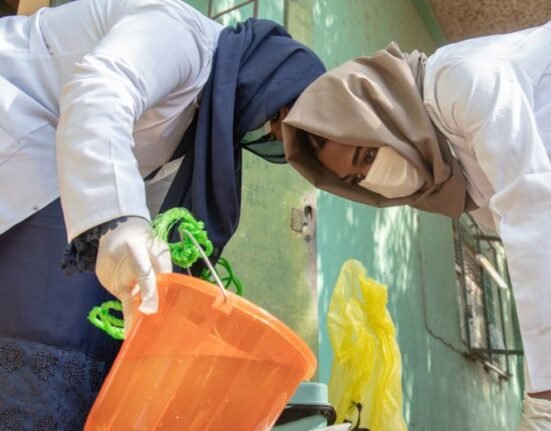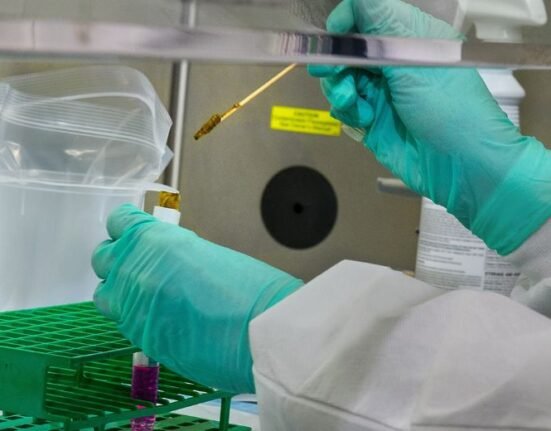HQ Team
October 9, 2023: Egypt has been granted a “gold tier” status by the WHO for providing 93% of those diagnosed with hepatitis C with treatment in its path to eliminate the infection.
Egypt has diagnosed 87% of people living with hepatitis C and provided 93% of those diagnosed with curative treatment.
That exceeded the WHO gold tier targets of diagnosing at least 80% of people living with hepatitis C and providing treatment to at least 70% of diagnosed people, according to a WHO statement.
“Egypt’s journey from having one of the world’s highest rates of hepatitis C infection to being on the path to elimination in less than 10 years is nothing short of astounding,” said Dr Tedros Adhanom Ghebreyesus, WHO Director-General.
‘Political commitment’
“Egypt is an example to the world of what can be achieved with modern tools, and political commitment at the highest level to use those tools to prevent infections and save lives.
“Egypt’s success must give all of us hope and motivation to eliminate hepatitis C everywhere.”
Egypt has successfully transitioned from having one of the highest rates of hepatitis C in the world to one of the lowest by reducing the prevalence of hepatitis C from 10% to 0.38% in just over a decade, according to the WHO statement.
Globally, 58 million people are living with chronic hepatitis C infection. While there is no vaccine, the disease can be cured with highly effective and curative short-course treatments that last 8–12 weeks.
Four out of five people living with hepatitis C worldwide do not know they are infected. Unless treated or cured, the infection can cause liver disease and cancer. The infection is caused by a virus.
Governance structure
Since the early 2000s, Egypt has been strengthening its national preventive and treatment programmes.
In 2006, the country established the National Committee for Control of Viral Hepatitis, a governance structure to oversee and lead the national hepatitis response.
Starting in 2014, the President of Egypt introduced a countrywide campaign to eliminate hepatitis C that offered free testing and treatment for hepatitis C.
The “100 million seha” (100 million healthy lives) campaign resulted in the testing of over 60 million people and the treatment of more than 4.1 million people.
Locally-made antivirals
Locally manufactured direct-acting antiviral treatments were a key factor in the campaign’s success – a 99% hepatitis C cure rate was achieved.
“Egypt has succeeded in testing virtually the whole of the eligible population and has treated almost all those who are living with the virus,” said Dr Ahmed Al-Mandhari, WHO Regional Director for the Eastern Mediterranean.
“This represents one-third of the 12 million people living with hepatitis C in the Eastern Mediterranean Region.”
Egypt is well on its way towards reaching all elimination targets before 2030, the WHO stated.








